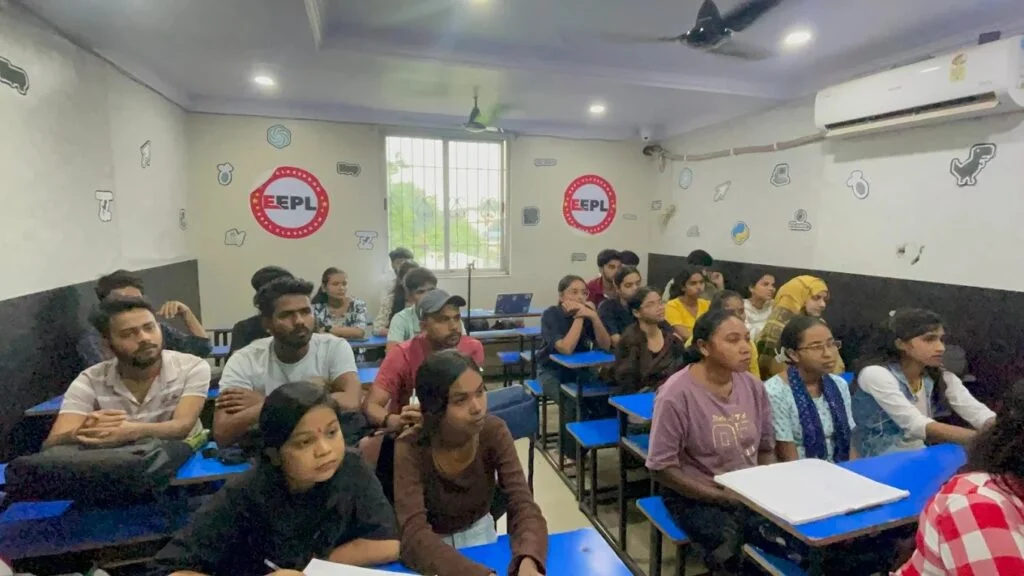1. Understand the Syllabus
- Obtain the official syllabus from your school or the board’s website (CBSE, ISC, etc.).
- Break it into smaller sections, such as:
- Theory: Data structures, programming concepts, database management, networking, etc.
- Practical: Programming exercises, project work, and viva voce.
2. Gather Study Materials
- Textbooks: Stick to the prescribed textbook (e.g., NCERT for CBSE).
- Reference Books: Use additional resources like Sumita Arora or Preeti Arora for deeper insights and sample questions.
- Online Resources: Explore platforms like GeeksforGeeks, W3Schools, or YouTube for programming tutorials.
3. Strengthen Programming Skills
- Focus on the programming language in your syllabus (Python, C++, Java, etc.).
- Practice writing and debugging programs daily, starting from basic concepts to advanced applications.
- Topics to prioritize:
- Loops and conditionals
- Functions
- File handling
- Data structures (stacks, queues)
3. Strengthen Programming Skills
- Focus on the programming language in your syllabus (Python, C++, Java, etc.).
- Practice writing and debugging programs daily, starting from basic concepts to advanced applications.
- Topics to prioritize:
- Loops and conditionals
- Functions
- File handling
- Data structures (stacks, queues)
4. Master Theory Concepts
- Allocate specific days for topics like:
- Boolean Algebra
- Computer Networks
- Database Management Systems (SQL)
- Create short notes and flowcharts to summarize concepts for quick revision.
5. Practice SQL
- Learn the basics of SQL commands: SELECT, INSERT, UPDATE, DELETE, and JOIN.
- Solve as many queries as possible to gain confidence in handling databases.
6. Work on the Project
- Start early on your programming project.
- Ensure it aligns with the syllabus requirements and demonstrates creativity and problem-solving skills.
- Document your project clearly, detailing the problem, solution, and implementation.
7. Solve Previous Year Papers
- Collect past 5-10 years of question papers and solve them within the time limit.
- Identify recurring topics and question patterns.
8. Take Mock Tests
- Regularly test yourself under exam conditions to manage time effectively.
- Review mistakes and work on weak areas.
9. Practical Preparation
- Familiarize yourself with the exam software (like Python IDLE, MySQL, or Turbo C++).
- Practice executing programs within the given time during lab sessions.
10. Revise Regularly
- Dedicate the last 2-3 months to revision.
- Use summary notes, mind maps, and flashcards for quick reviews.
11. Stay Consistent
- Create a daily or weekly timetable to ensure balanced preparation for Computer Science and other subjects.










